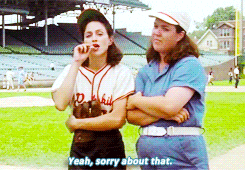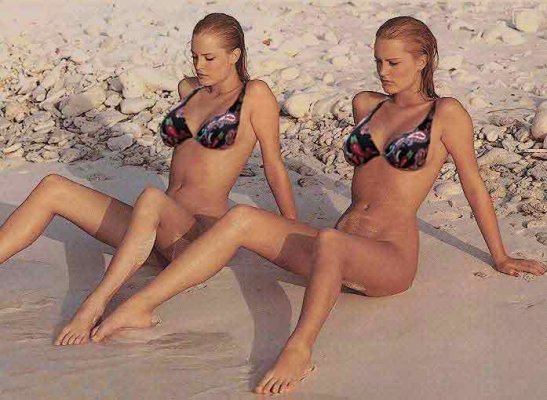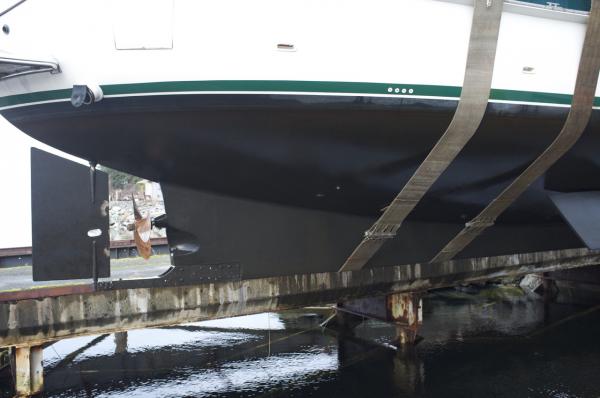BruceK
Moderator Emeritus
- Joined
- Oct 31, 2011
- Messages
- 13,347
- Vessel Name
- Sojourn
- Vessel Make
- Integrity 386
Should I be intimidated by twin engines

While there are some great single engine boat handlers, most will get better control from twins. Especially maneuvering at close quarters, like docking, and threading your way through a mooring field. The trade off is running and maintaining two instead of one. Having had one and now two, doubt I`d go back.
You are more likely to be intimidated by the replies than the twin engines.As I shop for a boat....What are the pros and cons of twin engines? Would you recommend twins, and why?
Thanks.
While there are some great single engine boat handlers, most will get better control from twins. Especially maneuvering at close quarters, like docking, and threading your way through a mooring field. The trade off is running and maintaining two instead of one. Having had one and now two, doubt I`d go back.






 )
)